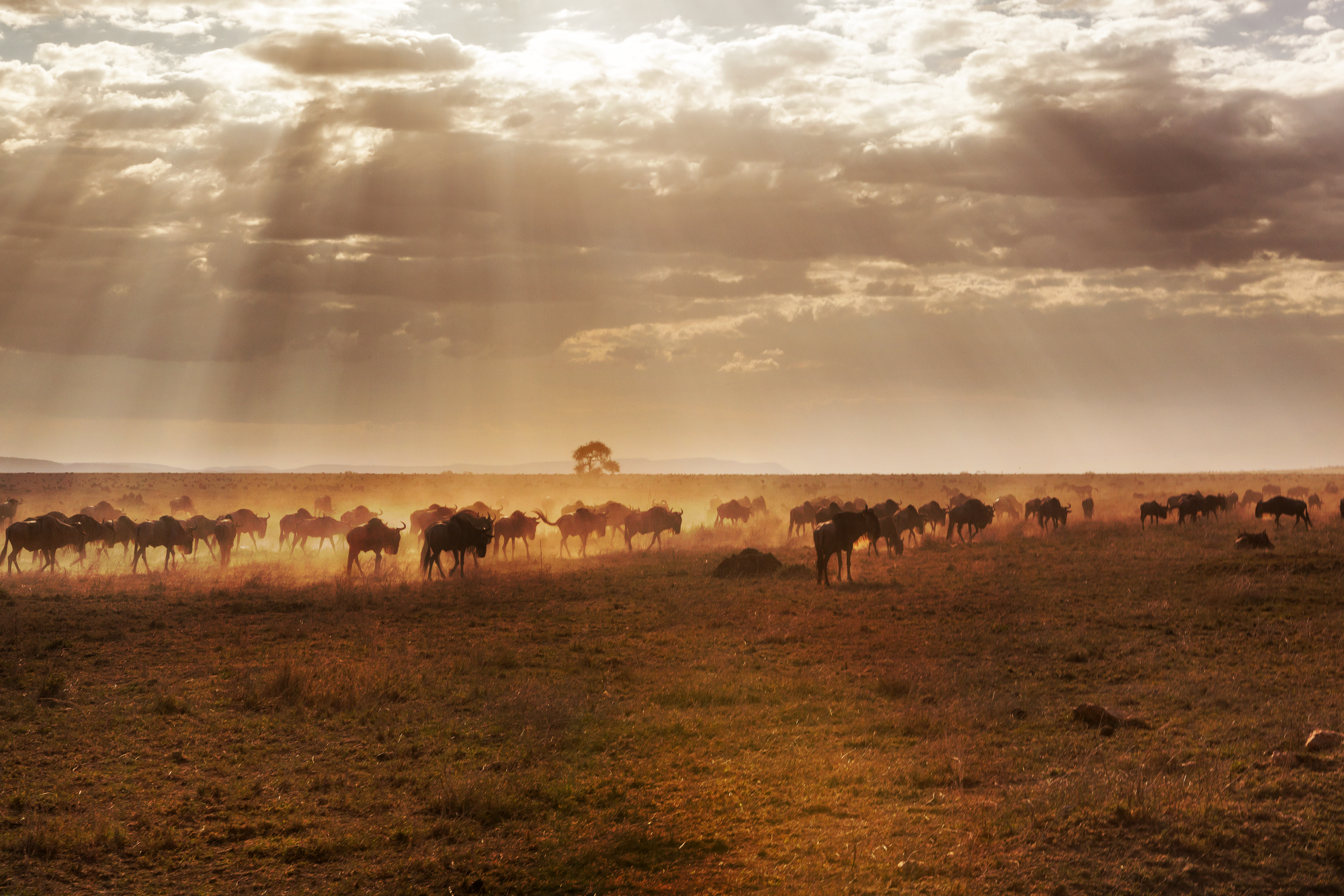This study investigates the ecological effects of sport hunting on African lions in and around Hwange National Park, Zimbabwe. By tracking 62 tagged lions from 1999 to 2004, researchers found that a significant number—especially adult and sub-adult males—were killed by hunters, mostly near park boundaries. This led to a skewed sex ratio, destabilized pride structures, increased male turnover, and infanticide, which disrupted reproduction and reduced population stability.
The study also highlights indirect consequences, such as heightened vulnerability to predators like hyenas and potential long-term genetic impacts. It criticizes unsustainable hunting practices like baiting and lack of age restrictions, arguing that hunting outside protected areas still harms populations within parks. The authors recommend reforms including strict quotas, age-based limits, and better regulation. They advocate for science-based, conservation-focused hunting policies and suggest alternatives like eco-tourism to reduce reliance on hunting revenue while maintaining ecological integrity.

